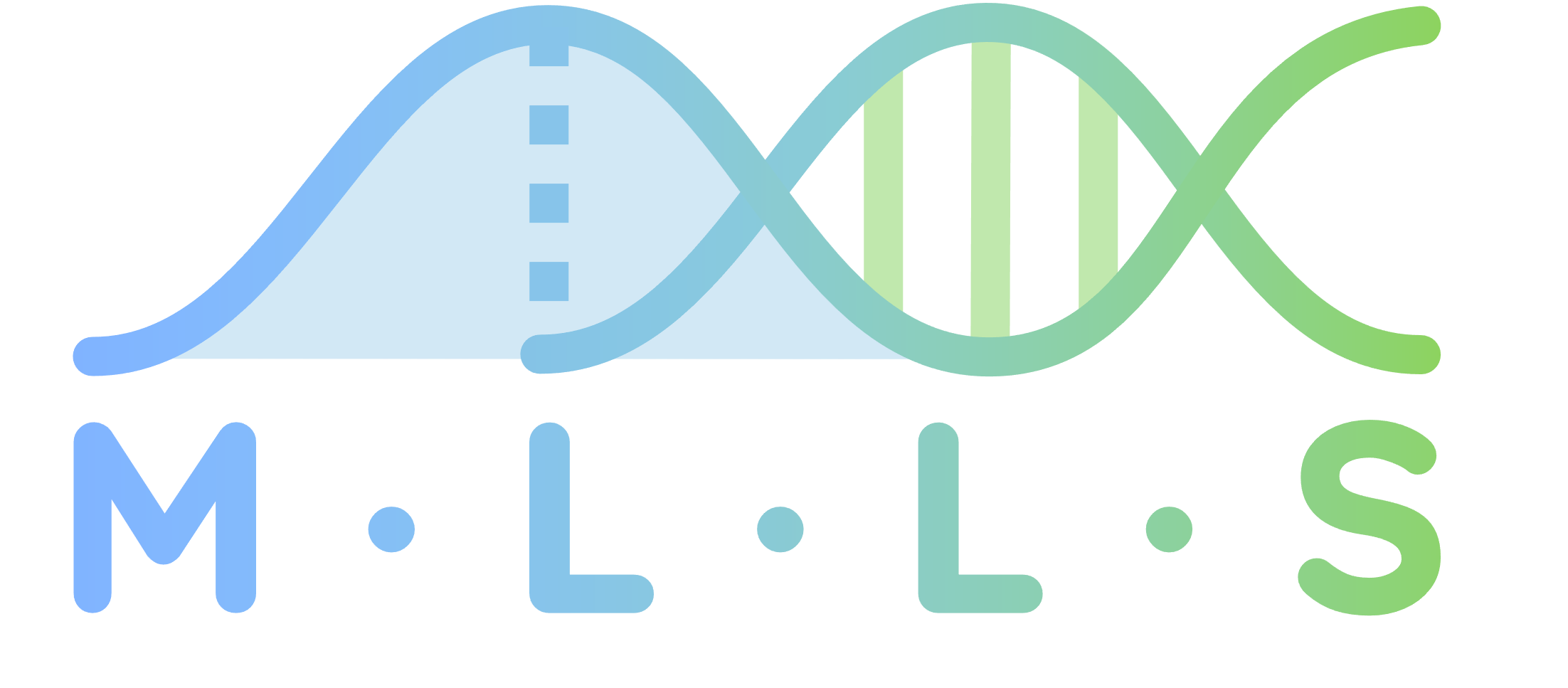Quantitative Estimate of Druglikeness (QED)#

About#
This objective function returns the Quantitative Estimate of Druglikeness (QED) using RDKit [RDKit, 2006]. You can specify whether you are measuring the QED of a SMILES string, or a SELFIES.
Prerequisites#
None. This black box should work out-of-the-box.
How to run#
import numpy as np
from poli.objective_repository import QEDProblemFactory, QEDBlackBox
# Creating the black box
f = QEDBlackBox(string_representation="SELFIES")
# Creating a problem
problem = QEDProblemFactory().create(string_representation="SELFIES")
f, x0 = problem.black_box, problem.x0
# Example input: a single carbon
x = np.array([["[C]"]])
# Querying:
y = f(x)
print(y) # Should be close to 0.35978
How to cite#
If you use this black box, we expect you to cite the following resources:
[1] RDKit community. (2006). RDKit: Open-source cheminformatics. GitHub. Available at: rdkit/rdkit. Accessed on 12th of April, 2024.
[2] González-Duque, M., Bartels, S., & Michael, R. (2024). poli: a libary of discrete sequence objectives [Computer software]. MachineLearningLifeScience/poli
@misc{rdkit,
author = {RDKit},
title = {RDKit: Open-source cheminformatics},
year = {2006},
publisher = {GitHub},
journal = {GitHub repository},
howpublished = {\url{https://github.com/rdkit/rdkit}}
}
@software{Gonzalez-Duque:poli:2024,
author = {González-Duque, Miguel and Bartels, Simon and Michael, Richard},
month = jan,
title = {{poli: a libary of discrete sequence objectives}},
url = {https://github.com/MachineLearningLifeScience/poli},
version = {0.0.1},
year = {2024}
}

